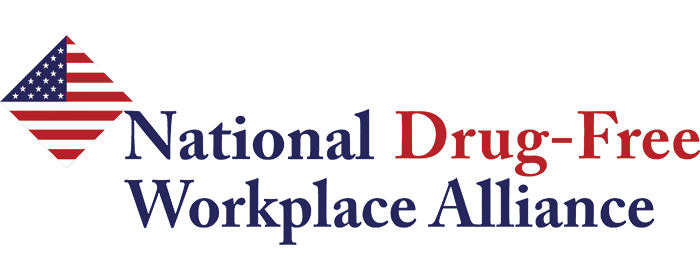Edible Marijuana and Tests
Marijuana is finding its way into more than just brownies these days. Fueled by the wave of states that have approved legalized marijuana, new industries and products have emerged that cater to pot consumers and are highly marketed to teens and young adults.
Highly potent forms of marijuana called Butane Hash Oil (BHO), Honey Oil, among other names, now allow food makers to easily add it to most any food product. These very strong extracts have been found to have THC potency levels of 40-90% (THC is the component in marijuana that gets you high). By comparison, the THC potency of dried marijuana readily available today typically averages about 10-16% with some samples reaching as high as 36%.
Using these potent extracts, a wide variety of everyday foods and products are already available including snacks, sweets, candies, breakfast foods, pizza, ice cream, soda, and much, much, more. This makes it easy for people to consume pot, anywhere and at any time, virtually without detection. These food items are available today at marijuana dispensaries in those states that allow them as well as on the black market.
This is especially dangerous for teens whose brains are still developing. Studies of marijuana’s effect on the human brain suggest that regular marijuana use in adolescence is associated with altered connectivity and reduced volume of specific brain regions that involve memory, learning, and impulse control. (Batalla, Bhattacharyya, Yücel, et al., and Filbey, Aslan, Calhoun, et al.) Today’s extreme potency only exacerbates pot’s negative effects and potential damage to the brain. A large study in New Zealand found that persistent marijuana use starting in adolescence was associated with a loss of an average of 6 or up to 8 IQ points measured in mid-adulthood. (Meier MH, Caspi A, Ambler A, et al.) Significantly, in that study, those who used marijuana heavily as teenagers and quit using as adults did not recover the lost IQ points.
What can parents do? Keep the communication lines open with your teens and children and share the facts on drugs and other substances. Help them establish confidence in who they are to stand up against peer pressure. Keep them engaged in wholesome activities that promote positive, healthy lifestyles. These types of activities can go a long way to fortifying your children against drug use.





